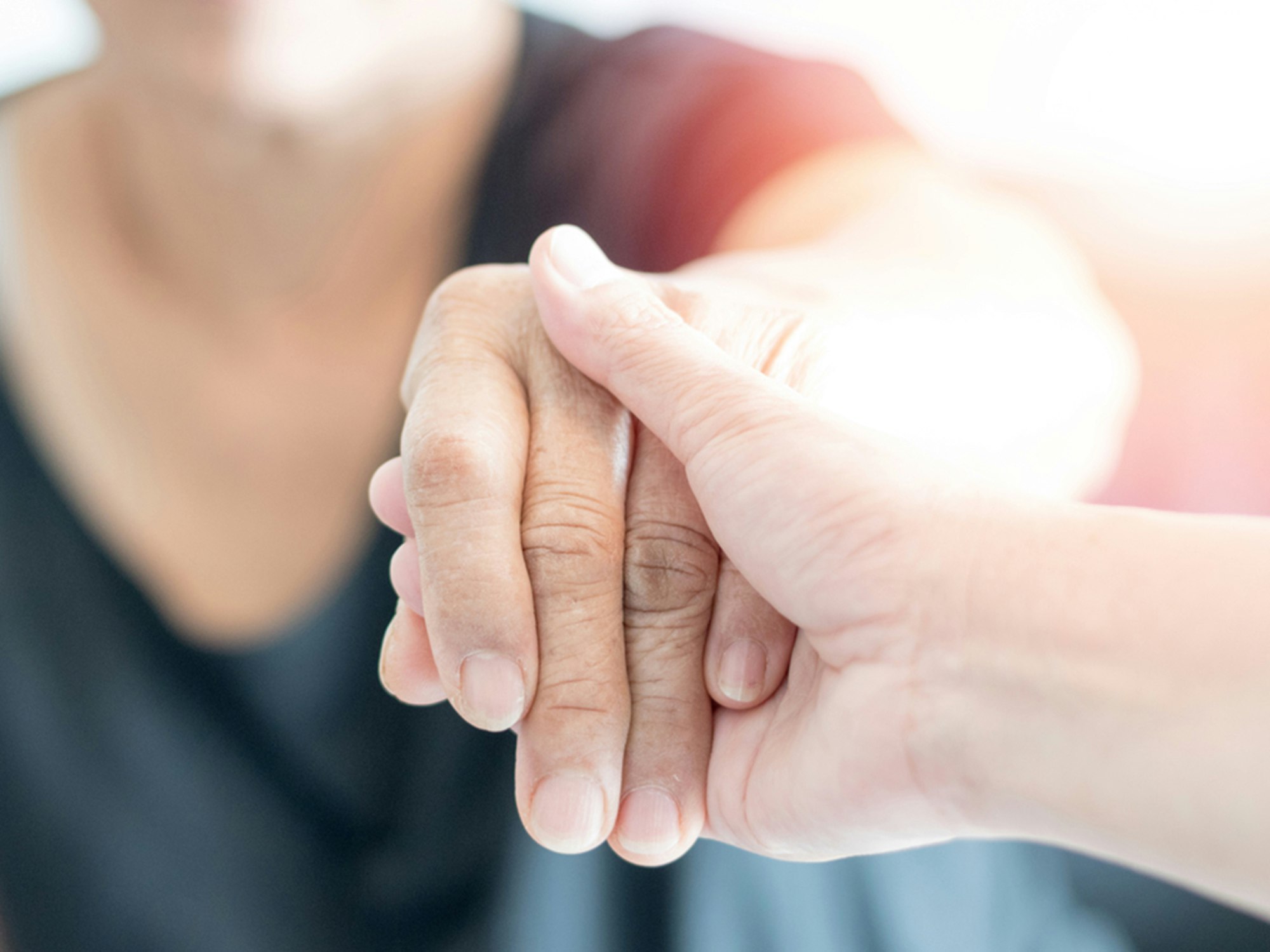Why unpaid carers need to look after themselves

Caring for someone with a disability is by no means a small responsibility. It’s a job where above all else you feel obliged to meet the personal, physical, and emotional needs of the person who requires your assistance with their daily living.
The needs of people with a disability can vary greatly – some may require 24/7 care whereas others can live fairly independently with only minimal intervention.
However, in either case, being someone’s carer carries a toll on your physical and mental health and can make you feel eternally exhausted.
Now, imagine if that person with a disability is your child, your sibling, or your parent and needs support.
Suddenly you feel obligated to sacrifice many aspects of your life (time, health, socialisation) to help enrich the life of your family member.
However, you’re not alone. 2.7 million Australians care for a friend or family member with a disability, illness or chronic disease – without pay.
From a medical perspective, Dr Ryan Harvey at House Call Doctor expresses his concern on the health of people who are full time carers.
“I understand the obligation and commitment unpaid carers feel,” he says.
“They’re saddened by the fact their family member is unable to do everyday tasks they take for granted.
“I admire their selflessness and humility. However, giving full-time care doesn’t mean giving up your own needs.
“My concerns lie with unpaid carers becoming so consumed in the mindset that in giving support to this other person, they neglect supporting themselves.
“It can start with forgetting basic needs, like eating well, sleeping enough, or exercising consistently.
“Then it can reach a deeper level where the carer loses touch with the outside world and feels the only reason they leave the house is for the needs of their family member.
“To give someone the best care, you have to look after your own health. There is no alternative,” Dr Harvey says.
If you care for a family member with a disability, here are four things that may help relieve some of the stress and pressure off your shoulders.
- Bring balance to your physical health
It’s a struggle, but you and your family member are better off if you maintain a healthy diet, a regular sleep pattern, and consistent exercise. Even just a walk every day can do wonders for the body and mind.
- Grow and maintain a support network outside the family
It’s important to keep a connection to the outside world. Make time for you to see your friends, even if that means having a paid carer look your after your relative for a few hours.
- Have a hobby
As you would want for your disabled family member, have your own hobby to keep yourself stimulated. Do something that brings passion into your life. You will keep yourself in a good mental state, particularly during stressful periods.
-
Use an outlet
It’s okay to release the tension, frustration, and emotional pain of being a carer within reason. Write a journal, see a counsellor, or listen to music – these are just some healthy outlets you can use to support your own wellbeing.
If you are a carer in need of support, speak to your General Practitioner (GP) about your options.

Dr Ryan Harvey is the Deputy Clinical Director at House Call Doctor. Dr Harvey is highly experienced in paediatrics, and has administered medical care to children living in remote overseas communities. He now works with many families, administering acute care when unexpected medical situations arise overnight.